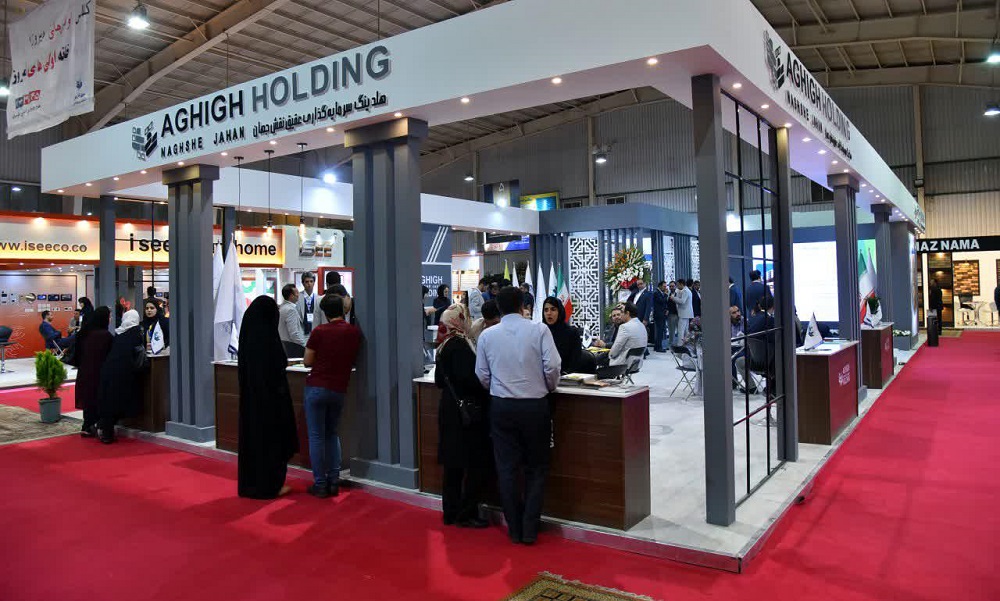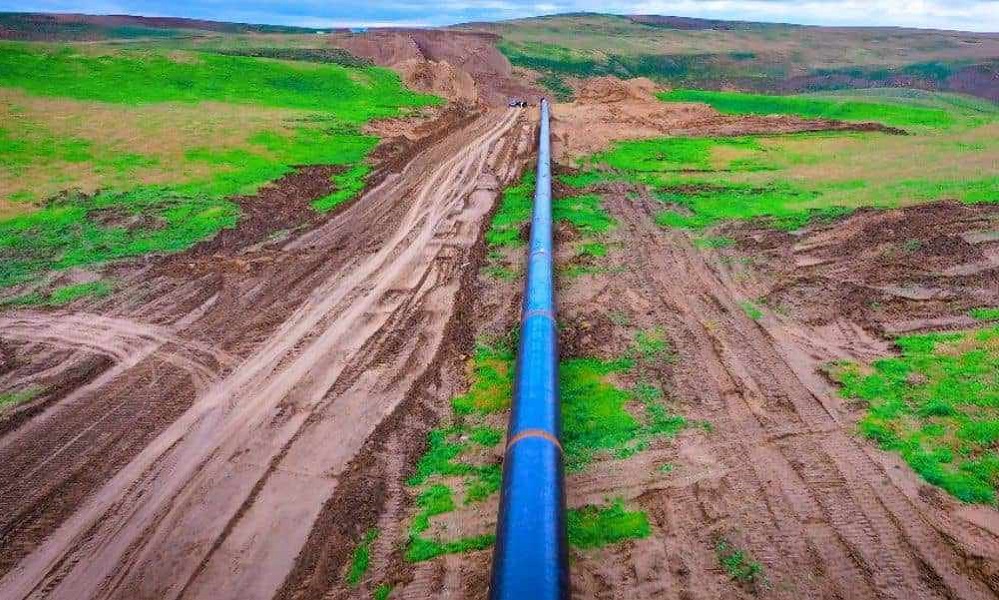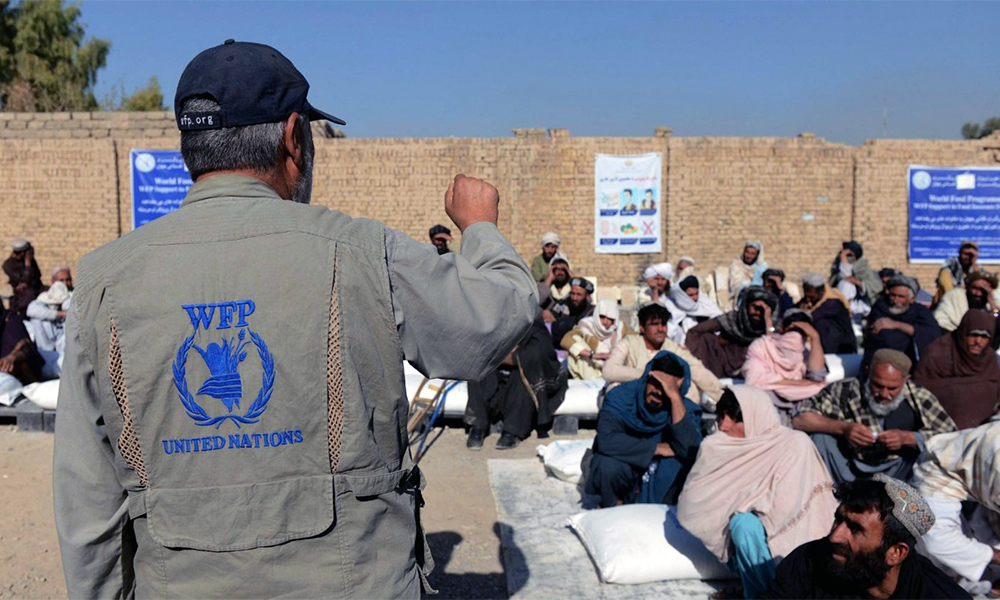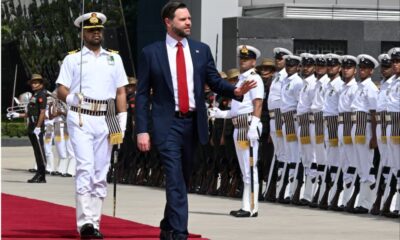Latest News
Media watchdog reports a sharp increase in violence against journalists

The Afghan Journalists Safety Committee said Thursday that it recorded 132 threats and violence against journalists in 2020 – a 26 percent increase compared to 2019.
This includes the death of seven journalists and media workers. Five were killed as a result of targeted killings and two with IEDs.
The AJSC said in its annual report, released Thursday, that this reports the worrying state of journalists safety and press freedom in the country.
“The rise in violence particularly the targeted killing of journalists has generated extensive fear among media workers, reduced media outlets’ content production capabilities, and expanded self-censorship,” the committee said.
The organizations stated that Afghanistan has reached a historically critical juncture and that although recent rounds of peace negotiations have caused some hopes that an end to the four-decade conflict may be in sight, the surge in violence – especially the targeted killing of journalists and civil society activists – has cast serious concerns over whether peace talks will succeed and whether core values enshrined in the constitution on freedom of expression and civil liberties will be protected if peace talks lead to a political settlement.
“The dramatically increased levels of direct attacks and assassinations of journalists at the end of 2020 has created widespread panic among media outlets and journalists across Afghanistan.
“These attacks have had a noticeably adverse effect on impartial and objective reporting, with many journalists admitting to reconsidering both how and whether to report on certain topics for fear of reprisal – effectively amounting to the increasingly widespread practice of self-censorship,” the AJSC said in a statement.
In addition, the economic impact of Covid-19 has compounded existing financial challenges for media outlets, often frustrating their efforts to raise sufficient funds, and thereby their capacity to generate media content.
The AJSC said media and civil society groups remain concerned that the delegation representing the Afghan Republic in negotiations with the Taliban in Doha, Qatar lacks a coherent strategy to preserve key constitutional rights including freedom of speech and a free and independent media.
“The Taliban’s ideological opposition to these values enhances concerns about the future of such freedoms. Further, the government’s efforts in early 2020 to draft a new Media Law, which could extensively limit press freedom if enacted, and the lack of meaningful commitment to investigate the cases of murdered journalists have fueled these concerns,” the statement read.
The report states that in 2020, AJSC recorded threats and violence against 132 journalists and media workers, which includes killing of journalists, injuring them, physical assault, kidnapping, various forms of threats, theft, verbal, legal and administrative abuse.
“2020 data shows 26 percent increase in violence and threats compared to 2019 in which AJSC recorded violence and threats against 105 journalists and media workers,” the statement read.
In addition to the seven journalists and media workers killed, 18 journalists and media workers were injured whilst reporting and on duty.
Another 10 journalists were physically assaulted, 47 threatened, 28 verbally abused and 13 journalists and media workers faced legal and administrative abuse by media managers.
Seven journalists were kidnapped and two experienced theft while gathering content from the field.
The AJSC said that based on data collected, Taliban and Daesh account for the majority of violence and threats against journalists. Government officials come second.
Latest News
Afghan delegation to participate in Iran’s international expo

Iranian officials have announced that a 200-member delegation, comprising Afghan government officials and private sector representatives, will attend the 7th International Exhibition of Iran’s Export Capabilities.
Officials from the Islamic Emirate, meanwhile, consider the presence of Afghan traders at this exhibition to be significant, stating that showcasing domestic products will help promote and market Afghan goods.
Abdul Latif Nazari, Deputy Minister of Economy, said: “Economic cooperation between the private and public sectors of Afghanistan and Iran is in the interest of both countries.”
“The visit of the high-ranking delegation of the Islamic Emirate to Iran can play a vital role in expanding economic and trade exchanges between the two countries,” he added.
In addition, Afghanistan Chamber of Commerce and Investment (ACCI) said that 80 booths have been allocated to Afghan traders at the exhibition, where agricultural products, precious stones, and other Afghan goods will be showcased.
Several experts also stated that Afghanistan’s participation in regional and international exhibitions is important and can lead to stronger economic ties with other countries.
This comes as Iran remains one of Afghanistan’s key economic partners, with annual trade volume between the two nations exceeding $3 billion.
Latest News
14 kms of TAPI pipeline laid inside Afghanistan, says project manager

Baganch Abdullayev, the General Director of the TAPI project in Afghanistan, on Thursday met with Noor Ahmad Islamjar, the governor of Herat, for a report back on progress made in accelerating the pipeline-laying process of the Turkmenistan-Afghanistan-Pakistan-India project in the province.
The Herat governor’s press office said in a statement that Abdullayev shared a brief report on the progress of the TAPI project with Islamjar.
According to the statement, Abdullayev said so far 14 kms of pipeline has been laid while an additional 24 kms of ground has been levelled for the pipeline.
During the meeting, the governor of Herat also welcomed the efforts of TAPI project officials in advancing the work and assured the project head of the local administration’s full support in facilitating the swift progress of the project.
Once completed, TAPI pipeline will transport natural gas from the Galkynysh Gas Field in Turkmenistan through Afghanistan into Pakistan and then to India.
The pipeline was completed on the Turkmenistan side in 2024, and the project is currently expanding southbound in Herat Province of Afghanistan.
Latest News
WFP appeals for $25 million to help support Afghan returnees amid humanitarian crisis

The World Food Programme (WFP) this week issued an urgent appeal for $25 million to address the escalating needs of Afghan refugees being expelled from Pakistan.
According to the WFP, thousands of Afghan families are crossing into Afghanistan from Pakistan every day and face serious food insecurity.
The organization also stated that millions in Afghanistan are grappling with severe hunger, and immediate aid of $25 million is needed to assist returnees.
On Wednesday, April 23, in a video shared on X, WFP’s head in Afghanistan, Mutinta Chimuka, visited the Torkham border crossing with Pakistan. During her visit, she highlighted the challenges faced by returnees, many of whom have spent their entire lives in Pakistan and are unfamiliar with Afghanistan.
Chimuka pointed out that many returnees have no income, employment, food, or shelter.
The WFP stressed that thousands of families are being forced to leave Pakistan, while 15 million people in Afghanistan are uncertain where their next meal will come from. The situation has become dire, with basic needs going unmet for a large portion of the population, the WFP said.
Chimuka warned that current aid efforts are insufficient to support the returnees, and new financial resources are urgently needed to address their needs by the end of the year.
Meanwhile, the pace of deportations and expulsions of Afghan migrants from neighboring countries, particularly Pakistan, continues to increase. The Pakistani Ministry of Interior reported that over 100,000 Afghan migrants have been returned since April 1.
The International Committee of the Red Cross (ICRC) has also raised alarm, noting that while thousands of refugees return every week, there are millions of Afghans who are currently facing poverty, homelessness, and difficult living conditions.
-

 World5 days ago
World5 days agoThousands of protesters rally against Trump across US
-

 Latest News4 days ago
Latest News4 days agoPolio vaccination campaign launched in Afghanistan
-

 International Sports2 days ago
International Sports2 days agoIPL 2025: Robo-Dog ‘Champak’ explained
-

 International Sports4 days ago
International Sports4 days agoIPL 2025: 14-year-old Vaibhav Suryavanshi becomes youngest IPL player
-

 Latest News3 days ago
Latest News3 days agoAriana Afghan Airlines increases flights to China
-

 Latest News3 days ago
Latest News3 days agoChina invites various Afghan delegations to attend Shanghai forums
-

 World3 days ago
World3 days agoPentagon chief Hegseth shared sensitive Yemen war plans in second Signal chat, source says
-

 Regional4 days ago
Regional4 days agoJD Vance arrives in India, to hold talks with Modi under US tariffs shadow
























